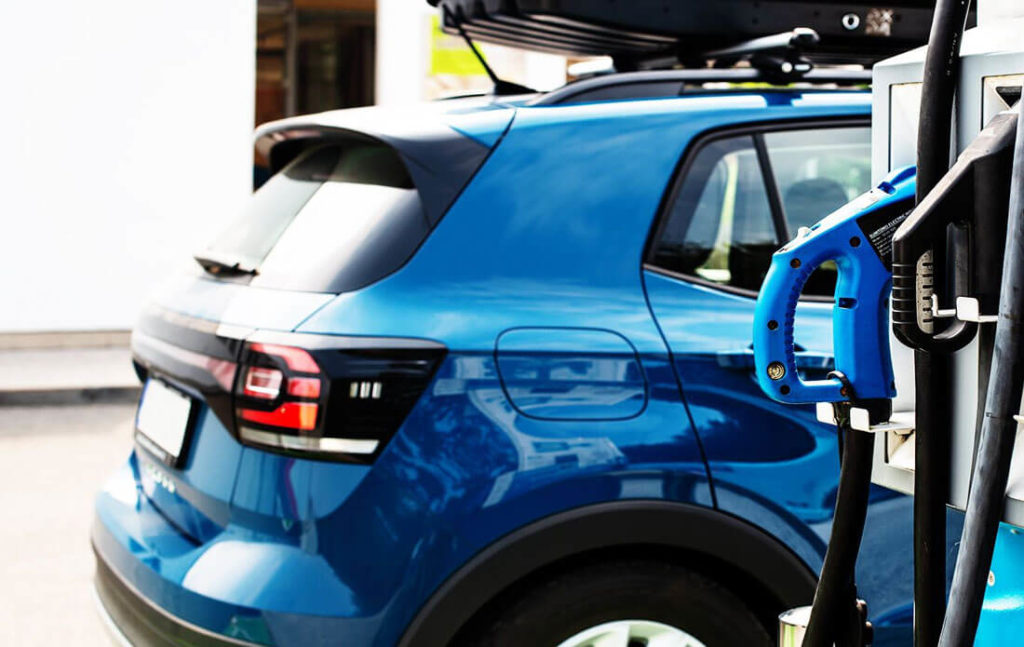
More companies are installing EV charging stations on their lots to attract customers, tenants, employees, and tourists who drive EVs. However, not all charging stations are the same. It may seem complicated, but EV Connect can help you understand the basics to find the chargers that meet your needs. It all comes down to the accessibility of your charger, the quality of the chargers themselves, and the management of your charging stations. Here are some things to know about finding the best EV chargers to meet your needs.
Networked vs. Non-Networked Chargers
An EV charging station is just a specialized electrical socket for a car to plug into. The simplest chargers are non-networked chargers that don’t have Internet access. This means you can’t collect usage data, monitor them for problems, balance loads during peak demand, or charge users a fee for plugging in.
That’s why the best EV chargers are networked, which is what we do at EV Connect. Our networked charging solutions let you control your charging stations for optimal up-time and performance.
Open vs. Closed Network
There are two kinds of charging station networks: open and closed. Closed networks will tie you to a specific EV charging hardware manufacturer, which can be incredibly expensive to change later, potentially requiring a full tear-out and replacement of the hardware.
In comparison, EV Connect has an open network. We follow the national OCPP standards set by the Open Charge Alliance, and our software is compatible with a wide range of EV charger manufacturers. We can even use different brands and models of EV chargers operating across your network at the same time. This is important because the best EV charging station models for meeting your particular needs can change over time as the industry evolves.
When you’re looking at your EV charging station requirements, it’s very helpful to stay open over the long term, and going with an open network accomplishes that.
Different Levels of Charging Power
Today there are three different levels of charging power commonly available: Level 1, Level 2, and DC fast charging. The best EV charger for you will vary based on your business needs and goals, but most businesses choose Level 2 chargers.
Level 1 Charging: Level 1 charging stations operate on a 120-volt AC system. That’s the same power as a standard household electrical outlet. Level 1 chargers are very slow, taking 8 hours or even overnight to fully charge a drained EV battery. You will commonly find them in the residential market, but for commercial customers, they’re not fast enough to compete with the best EV charging stations.
Level 2 Charging: Level 2 charging stations are the most common chargers. They operate on a 240-volt AC system, and charging a drained battery can take as little as two or three hours. Even just one hour of charging can replenish a significant amount of battery. This is why Level 2 chargers tend to be the best EV chargers for most restaurants and retail shops, employee parking, hospitals and schools, and apartment buildings.
Direct Current Fast Charging: A newer, third class of EV chargers is known as “DC fast charging.” These use DC power and can fully charge a battery in under an hour. However, they are also very expensive and require stricter safety measures. Also, most older EVs aren’t compatible with them, whereas virtually any EV can plug into a Level 1 or Level 2 charger.
We Can Help You Meet Your EV Charging Station Needs
Finding the best EV chargers is often not about the hardware, but the networking software. At EV Connect, we offer network solutions that are powerful and easy to use. We back that up with expert 24/7 customer support.
Contact EV Connect today to discuss the best EV charging stations for your business and learn how we can help you take full advantage of your investment.
The post Not All EV Charging Stations Are the Same: What You Need to Know appeared first on EV Connect.
Source: EV Connect RSS Feed

